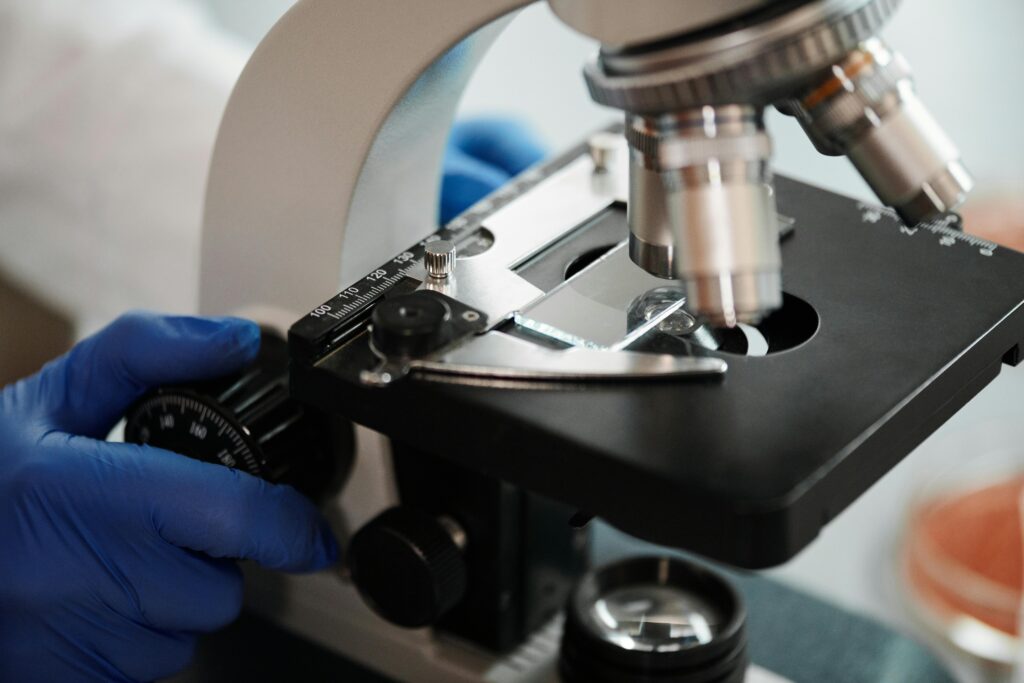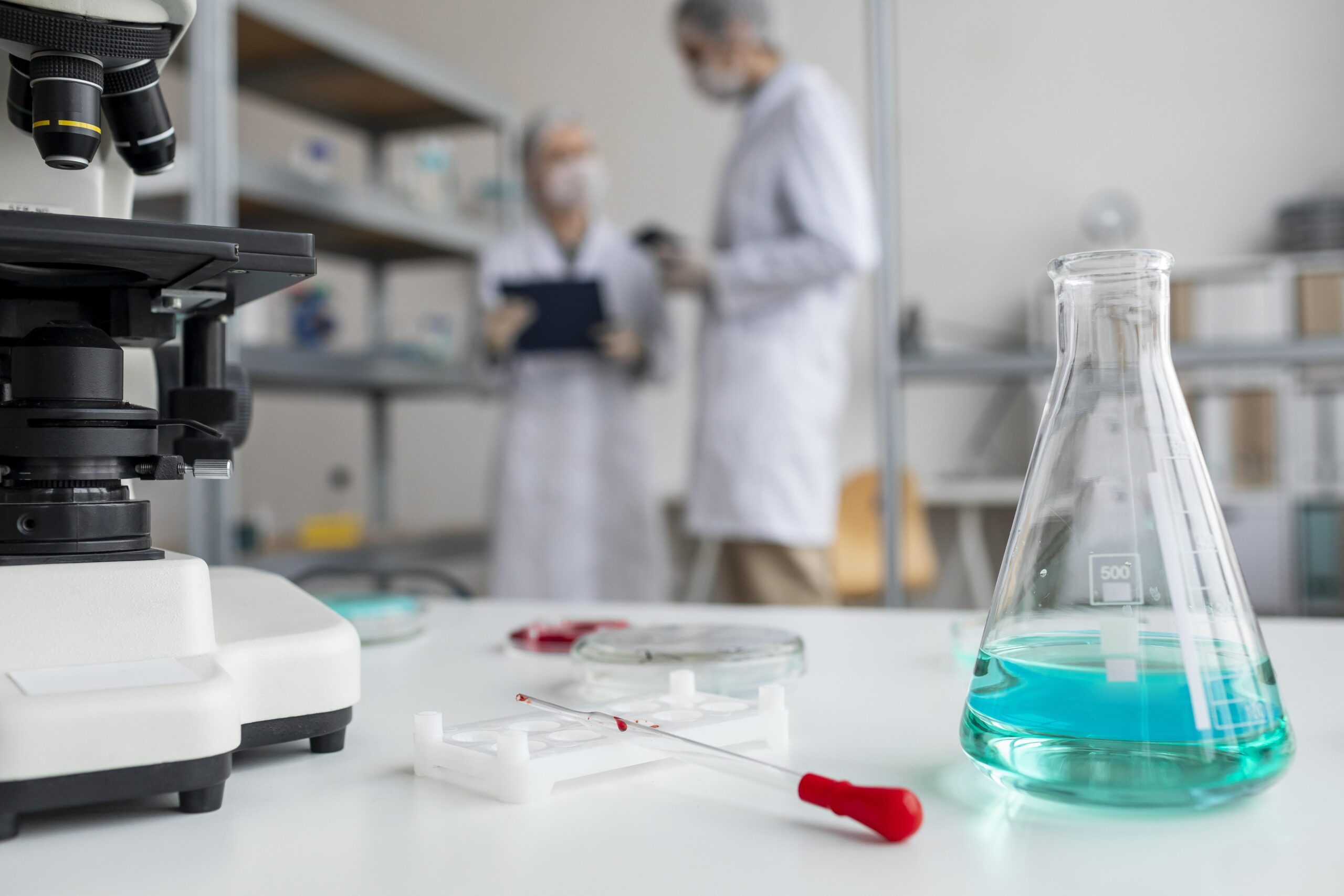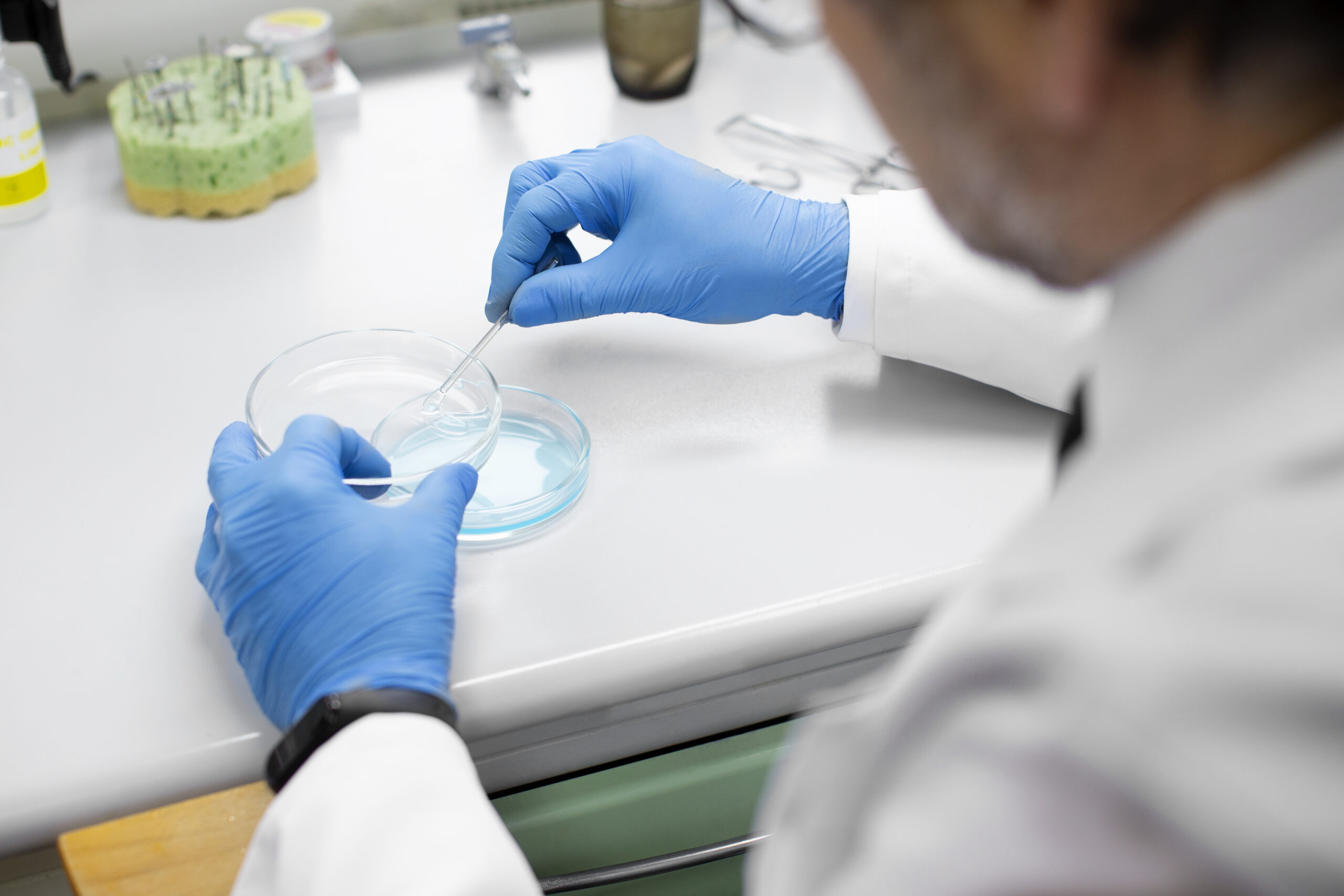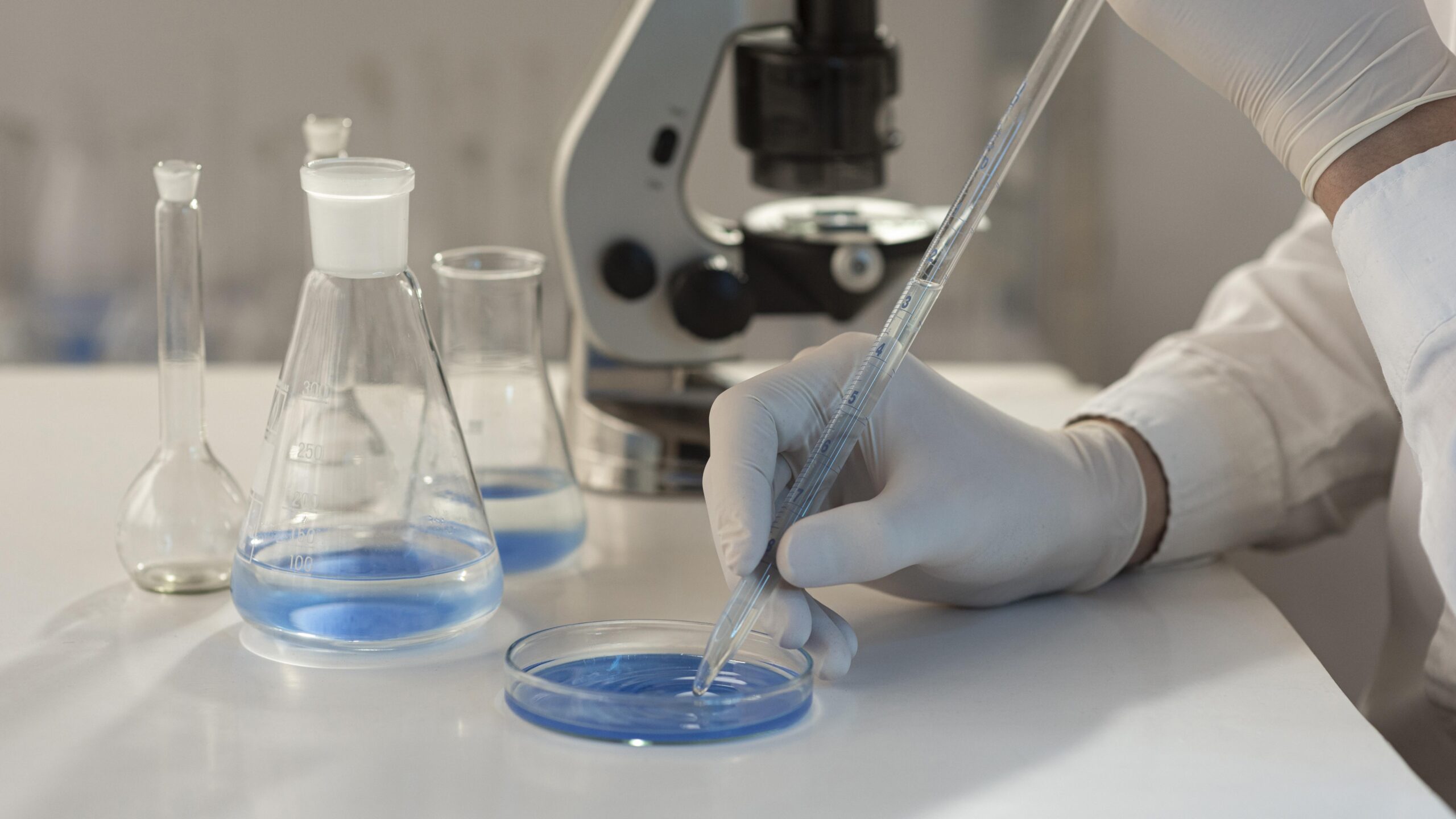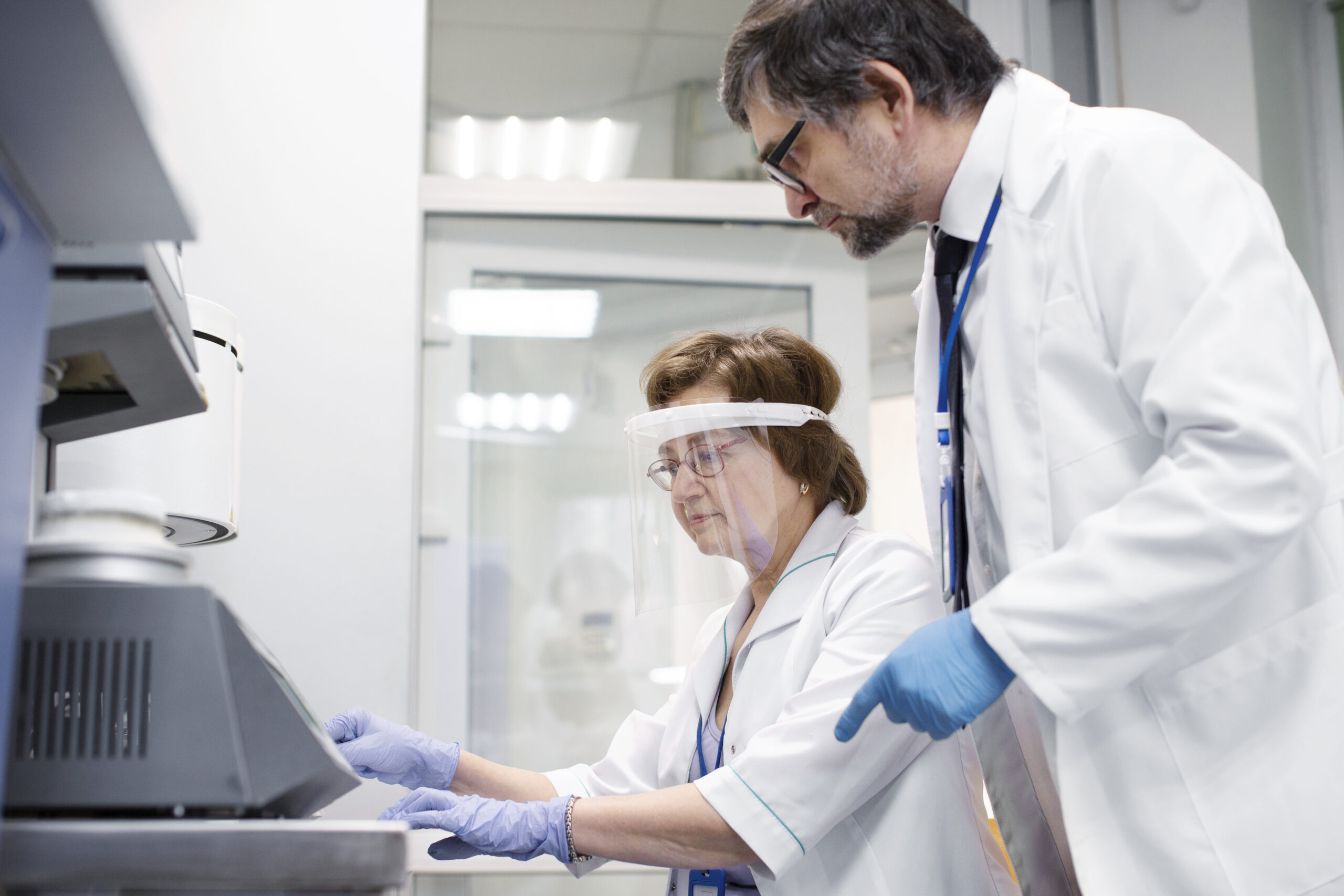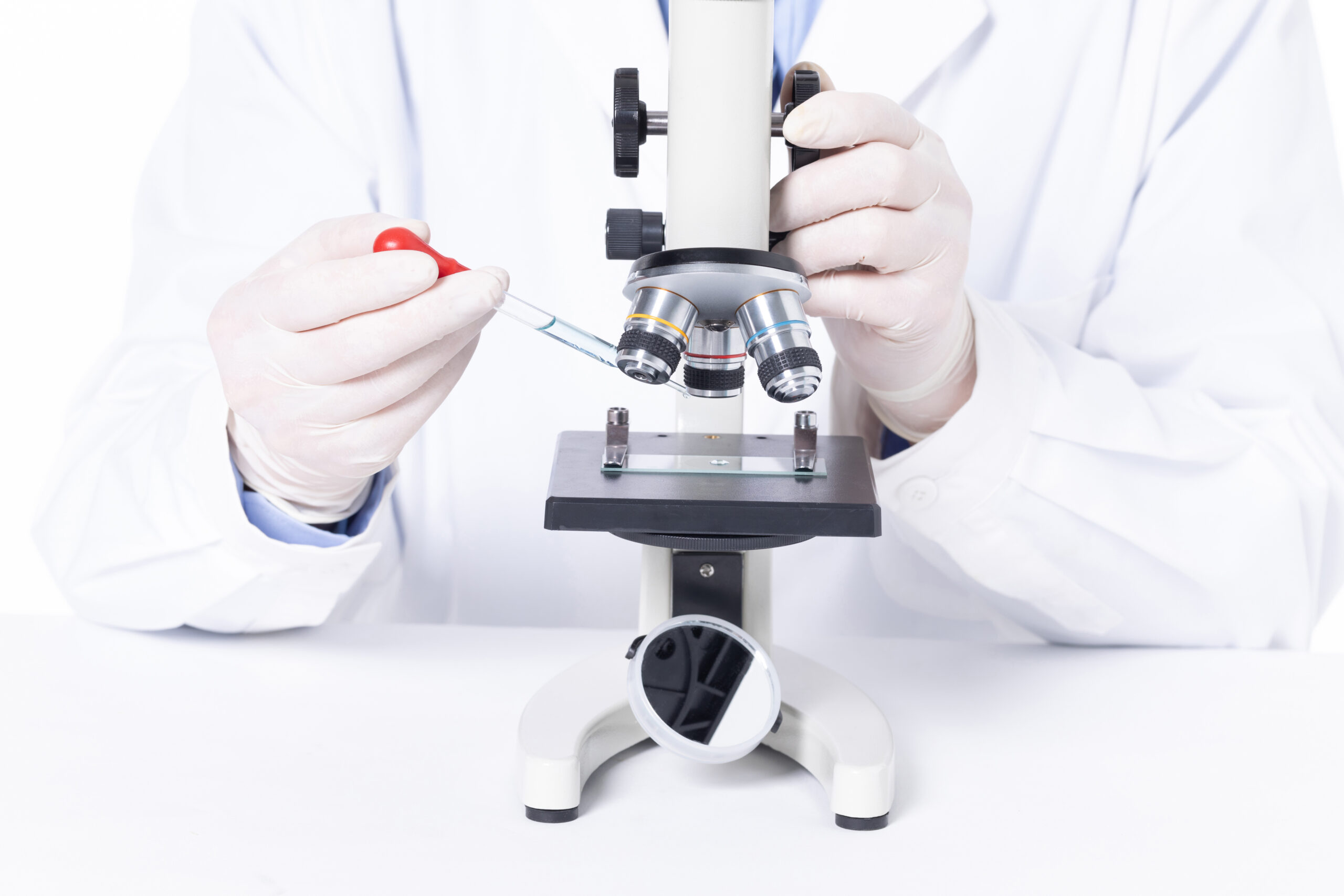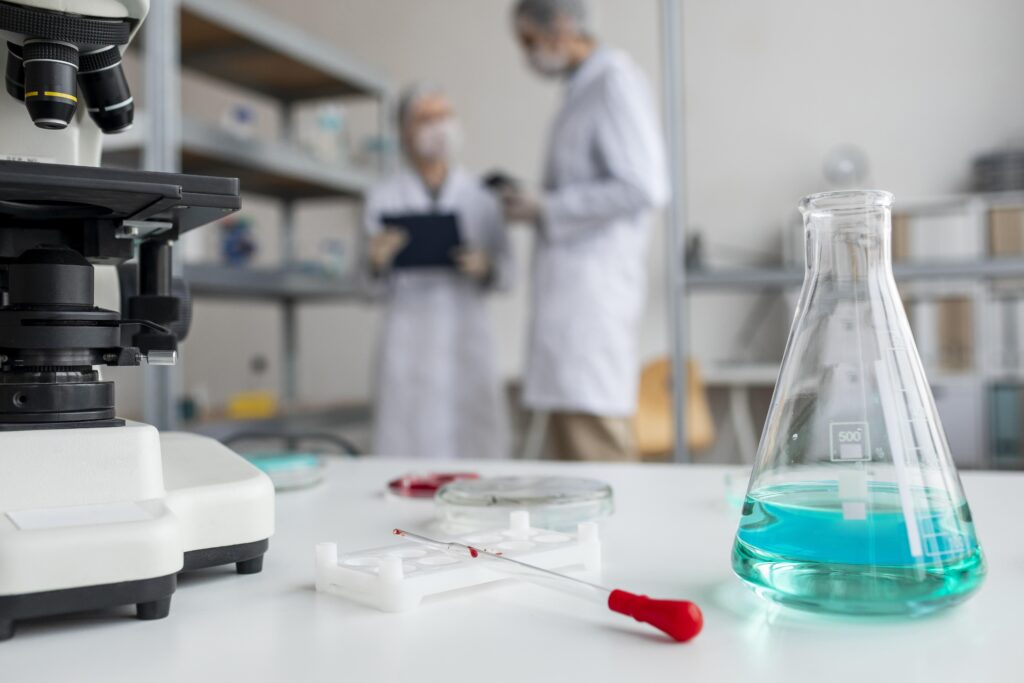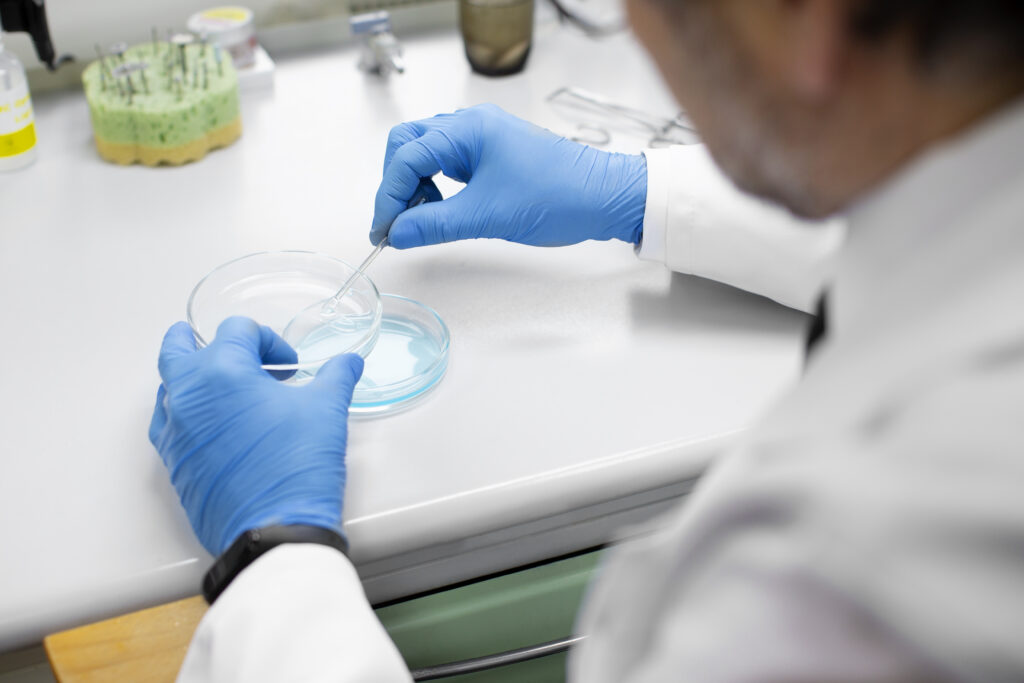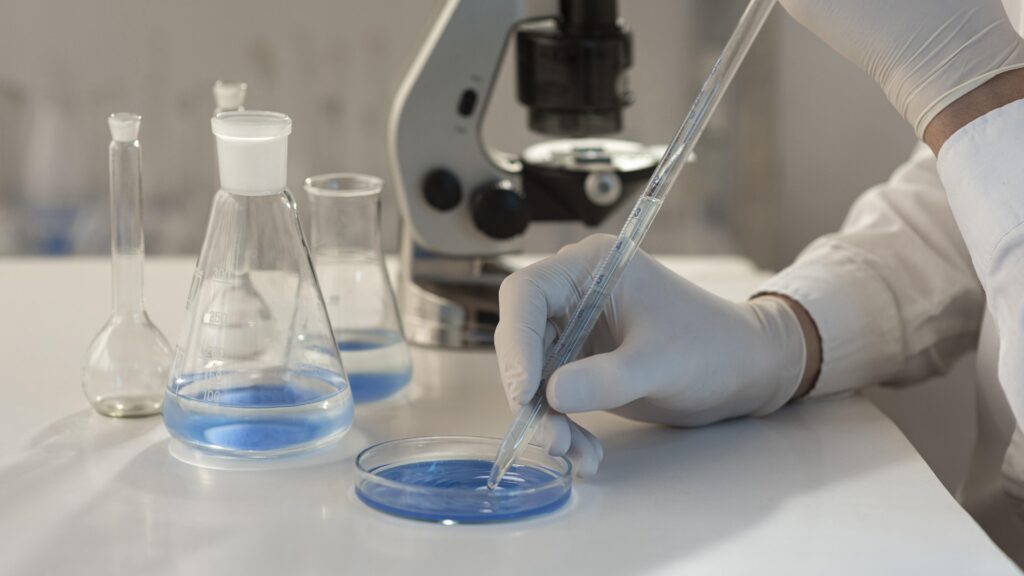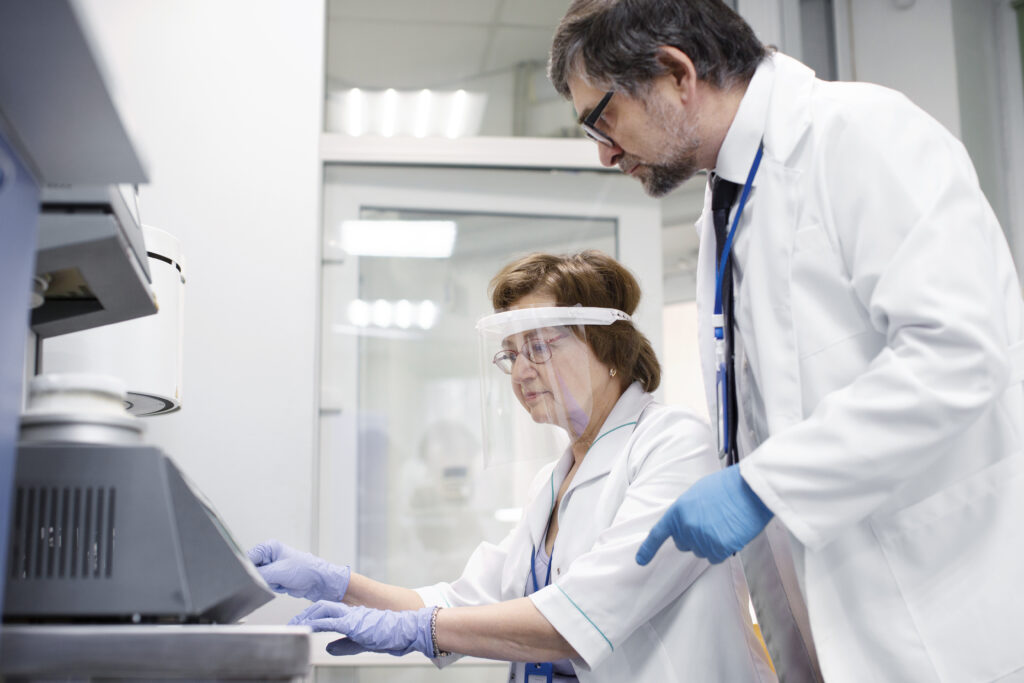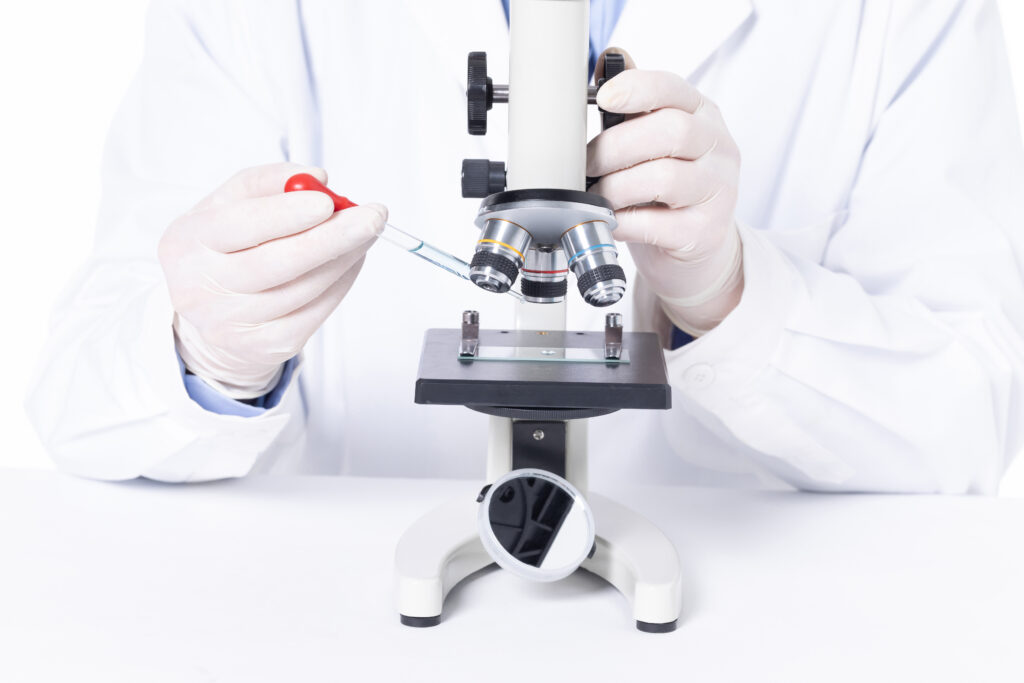Food allergies have become a widespread concern in recent years, impacting millions of people worldwide. The severity of allergic reactions varies, from mild discomfort to life-threatening situations. In this context, the precision of food allergen testing is crucial for ensuring consumer safety. This blog will explore the various aspects of food allergen testing, highlighting its importance in safeguarding public health, the responsibilities of the food industry, and compliance with regulatory standards.
I. Understanding the Scope of Food Allergens :
To understand how important accurate food allergen testing is, it’s crucial to grasp the wide range of food allergens. Common culprits include peanuts, tree nuts, milk, eggs, soy, wheat, fish, and shellfish. These allergens can appear in different forms in food products, making their detection challenging but essential for people with allergies. The prevalence of these allergens highlights the need for precise food testing methods.
II. The Rising Incidence of Food Allergies :
Over the last few decades, there has been a significant rise in the occurrence of food allergies worldwide. Several factors, such as genetic predispositions, environmental influences, and changes in lifestyle and dietary habits, contribute to this increase. With the growing number of people with food allergies, precise food allergen testing is becoming more and more crucial in reducing risks and guaranteeing consumer safety.
III. Consequences of Inaccurate Testing :
The implications of inaccurate food allergen testing are extensive and can have serious consequences for both consumers and the food industry. Misidentifying or failing to detect allergens can result in unintentional exposure, causing allergic reactions in sensitive individuals. These reactions can vary from mild symptoms such as hives and digestive problems to severe and potentially life-threatening anaphylaxis. The need for accuracy in testing is emphasized by the potential harm that inaccuracies can cause to vulnerable consumers.
IV. Ensuring Regulatory Compliance :
Regulatory bodies around the world have put in place strict guidelines to safeguard consumers from allergen exposure. Precise food allergen testing is essential for complying with these regulations. Food producers must follow labeling regulations to guarantee that products correctly identify all potential allergens. Not meeting these standards can lead to legal repercussions, product recalls, and serious harm to the company’s reputation. The regulatory framework is vital for the food industry to emphasize and allocate resources to precise allergen testing methods.
V. Technologies Shaping Food Allergen Testing :
Advances in technology have been crucial in transforming the field of food allergen testing. Traditional techniques such as Polymerase Chain Reaction (PCR) and Enzyme-Linked Immunosorbent Assay (ELISA) have been improved, and new methods like next-generation sequencing and innovative biosensor technologies have been developed. These advances provide increased sensitivity and specificity, leading to more dependable results and improved consumer protection. The blog will examine the benefits of these technologies, demonstrating how they improve the accuracy of allergen testing and simplify processes for the food industry. Also Check Out our blog on food allergy testing
VI. Challenges in Food Allergen Testing :
While technological advancements have greatly enhanced the precision of food allergen testing, there are still challenges that persist. Cross-contamination during food processing, variations in ingredient quality, and the existence of small amounts of allergens create obstacles to achieving completely reliable testing. Overcoming these challenges calls for a comprehensive approach that involves cooperation among industry stakeholders, researchers, and regulatory bodies. The blog will delve into the ongoing efforts to address these challenges and guarantee the robustness and reliability of food allergen testing.
VII. Consumer Empowerment through Allergen Testing :
Accurate food allergen testing not only protects consumers but also gives them the knowledge to make informed decisions about the food they eat. Clear and dependable allergen labeling helps people with allergies shop for groceries with confidence, lowering the chance of accidental exposure. The blog will explore the psychological and practical effects of precise allergen testing on consumer behavior, highlighting its role in establishing trust and loyalty.
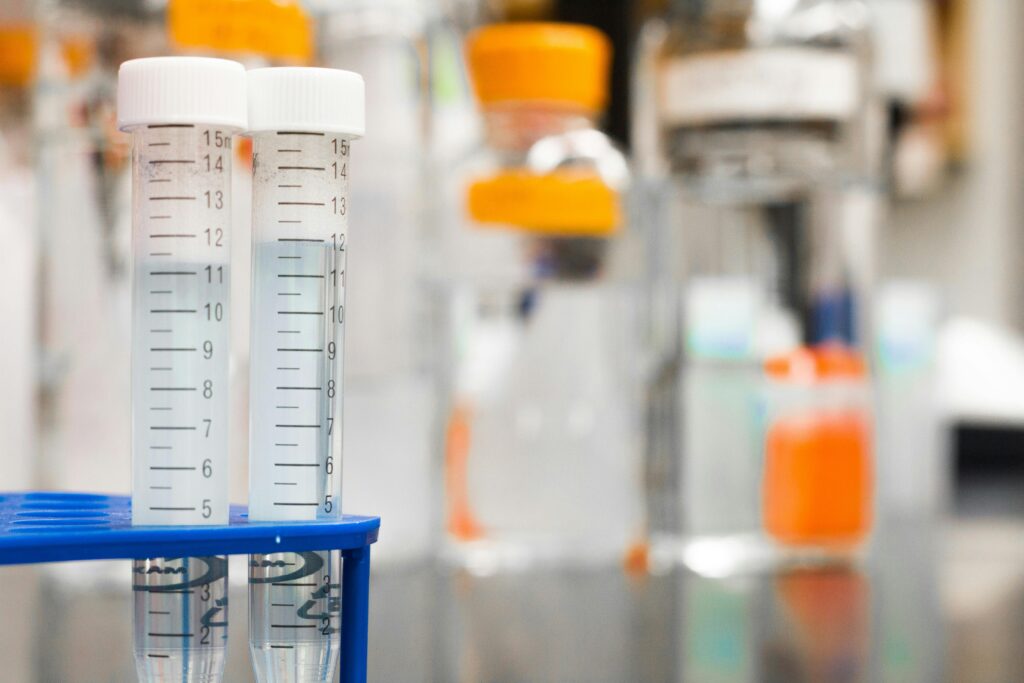
VIII. Industry Best Practices and Quality Assurance :
To improve the accuracy of food allergen testing, the food industry needs to embrace strict quality assurance practices. This includes putting in place strong testing protocols, regularly calibrating equipment, and conducting comprehensive risk assessments during production. Collaboration and sharing knowledge across the industry are crucial for establishing and upholding best practices. The blog will delve into case studies and examples of companies that have effectively implemented quality assurance measures, highlighting the positive results of prioritizing precise allergen testing.
IX. The Global Impact of Food Allergen Testing :
In a world where supply chains and trade cross borders, food allergen testing has an impact that goes beyond national boundaries. Harmonized standards for allergen testing are essential to guarantee the consistent safety of food products worldwide. Collaborative initiatives between countries and international organizations are crucial for setting and enforcing these standards. This blog will explore the challenges and opportunities related to establishing a unified global framework for food allergen testing , highlighting the shared responsibility of the international community in protecting public health.
X. Future Trends in Food Allergen Testing :
The future of food allergen testing is full of exciting possibilities thanks to ongoing research and technological advancements. Rapid and portable testing devices, artificial intelligence applications, and blockchain technology are emerging as potential game-changers in improving the accuracy and efficiency of allergen detection. The blog will delve into these future trends, examining their potential impact on the food industry and consumer safety.
Conclusion :
Accurate food allergen testing is not just a regulatory requirement, but a crucial element in safeguarding public health and ensuring the well-being of individuals with food allergies. The blog has shed light on the many aspects of this issue, including the wide range of food allergens, the increasing prevalence of allergies, the repercussions of inaccurate testing, regulatory adherence, technological progress, challenges, consumer empowerment, industry standards, global influence, and future developments. As we navigate the complexities of modern food production, prioritizing precise allergen testing is an investment in the health and confidence of consumers worldwide. The combined efforts of regulatory authorities, the food industry, and technology pioneers are vital in shaping a safer and more inclusive food environment for everyone.

